Baghdad Curfew Extended Indefinitely
 Saturday, March 29, 2008 at 09:12PM
Saturday, March 29, 2008 at 09:12PM Iraqi authorities on Saturday extended a curfew in Baghdad indefinitely in an attempt to contain clashes between Shi'ite militants and Iraqi security forces that have threatened to spiral out of control.
But in an indication that the violence was set to continue, Shi'ite cleric Moqtada al-Sadr ordered his followers not to lay down their weapons, defying a five-day-old crackdown by Prime Minister Nuri al-Maliki, who has ordered them to disarm.
The latest violence has spread from the southern city of Basra through towns in Iraq's southern Shi'ite heartland and neighborhoods of Baghdad.
"Moqtada al-Sadr asks his followers not to deliver weapons to the government. Weapons should be turned over only to a government which can expel the (U.S.) occupiers," Sadr aide Hassan Zargani told Reuters by telephone.
Maliki has staked his authority on disarming Sadr's followers with a major military operation. But his forces have made little progress driving fighters from the streets and instead have provoked rebellion in towns across the south.
The prime minister initially gave Sadr's followers in Basra 72 hours to disarm, but with little progress on the ground he extended the deadline until April 8.
The curfew in Baghdad, imposed on Thursday, was due to expire early on Sunday.
"To defeat the terrorist groups, the outlaws and the criminal gangs and to preserve the souls of our citizens, we extended the curfew in Baghdad indefinitely for people, cars and motorcycles," said a statement from the Iraqi security forces.
In a sign of the escalating stakes, Maliki called Sadr's fighters "worse than al Qaeda," the Shi'ite government's hated Sunni Arab foes. Sadr's followers are fellow Shi'ites who helped install Maliki in power in 2006 and backed him until last year.
The fighting has all but wrecked a ceasefire Sadr declared last year, which U.S. commanders had credited for calming Iraq.
Instead, U.S. troops have been drawn deeper into what started as an Iraqi-led operation. U.S. forces in Baghdad said they killed 48 militants in a series of gun battles and air strikes across the capital the previous day.
In Basra, U.S. warplanes have carried out air strikes directed by teams of U.S. or British troops on the ground.
A British military spokesman confirmed there were more U.S. air strikes in Basra on Saturday. At one house, a Reuters photographer filmed wrecked walls and blood pouring into a sewer after grieving relatives said a bomb had killed seven people.
SHI'ITE RIFT
The death toll has been mounting. Government troops say they have killed at least 120 fighters in Basra. Scores of people have been reported killed in other towns in the south.
In the capital, at least 133 bodies and 647 wounded have arrived at hospitals in eastern Baghdad since Tuesday, the head of the area's health directorate, Ali Bustan, said.
After years of violence between Shi'ites and Sunni Arab militants like al Qaeda, the past week's violence has exposed another bloody rift -- among Shi'ites themselves.
Washington has so far backed Maliki to the hilt, with President George W. Bush calling the crackdown a "defining moment in the history of a free Iraq."
But spreading violence risks undoing a year of security improvements and jeopardizing plans for U.S. troops to withdraw.
"The key question now is what the United States is going to do," said Joost Hiltermann of the International Crisis Group think tank. "If it allows (the crackdown) to go forward the ceasefire will unravel and the U.S. will face the Sadr movement in its full power."
A Sadr aide said his representatives had met Grand Ayatollah Ali al-Sistani, Iraq's highest Shi'ite authority, in a bid to end the violence. But a government spokesman rejected talks with gunmen who "threaten the security of citizens in Basra."
In Basra, Mehdi Army fighters in black masks still control the streets, manning checkpoints and brandishing rifles, machine guns and rocket launchers, a Reuters reporter in the city said.
"We will fight on and never give up our weapons," Mehdi Army deputy military commander in Basra Abu Hassan al-Daraji told Reuters by telephone. "We will not turn over a single bullet."
Sadr, who led two anti-U.S. revolts in 2004, brought his movement into the government in 2006 but broke with it last year. He has remained implacably anti-American.
In a rare interview taped just before this week's violence, he told al-Jazeera television: "I call on the Arab League, the Organisation of the Islamic Conference and the United Nations to recognize the legitimacy of the resistance."
He said the U.S. presence in Iraq was more negative than the Baath party rule of former dictator Saddam Hussein.
"The negative effects of America on Iraqis is worse than that of the Baath party . The little Satan left and was replaced by the great Satan," Sadr said.



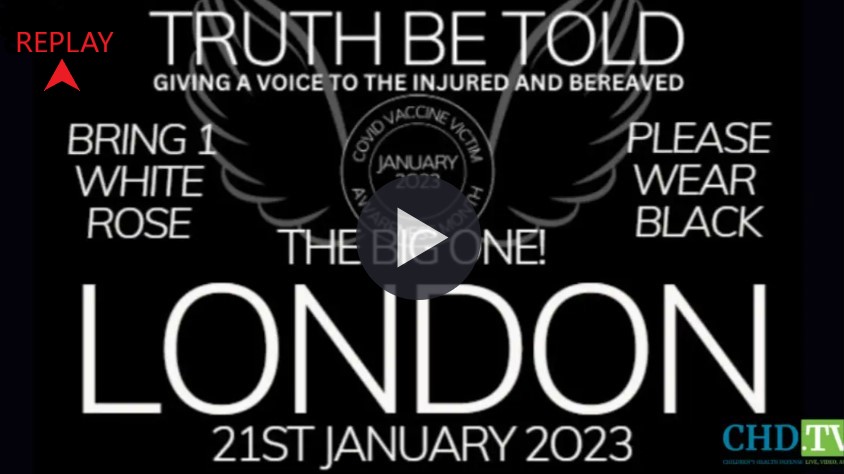


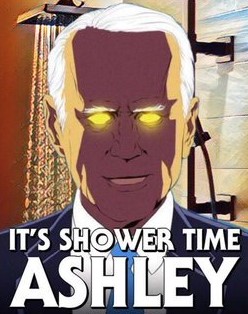

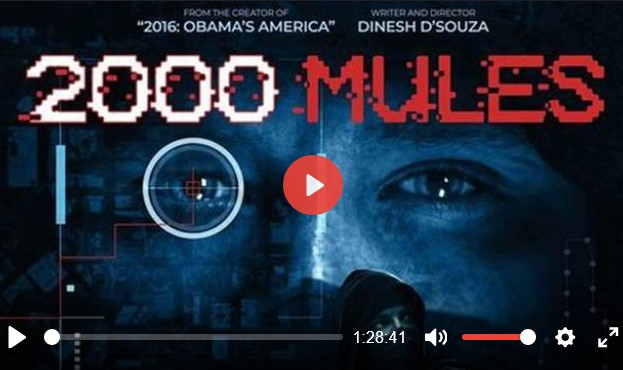






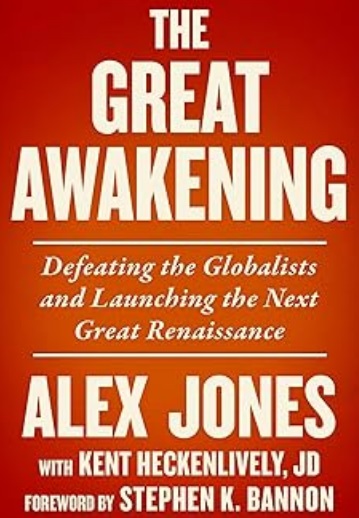
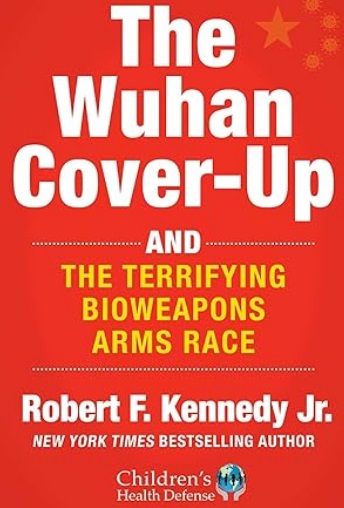

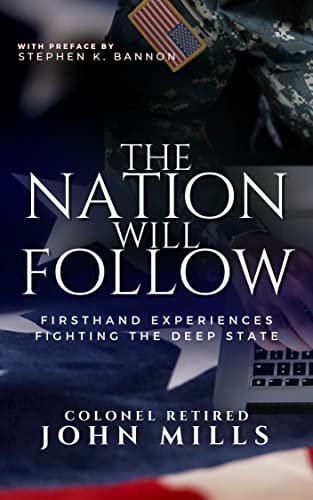
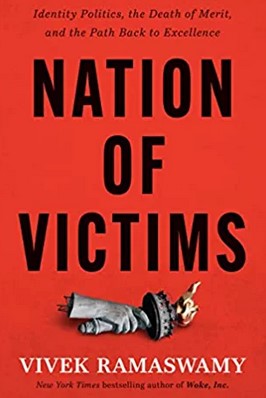


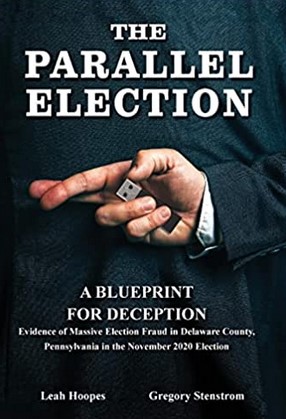


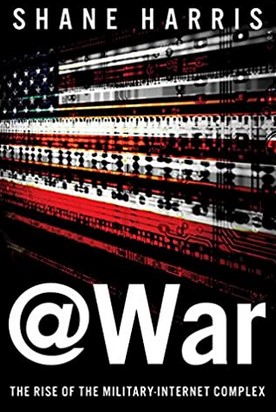




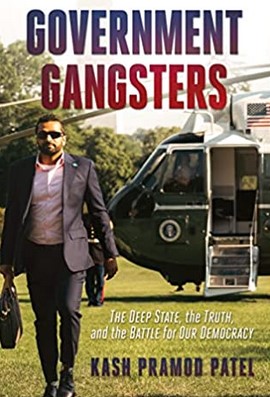
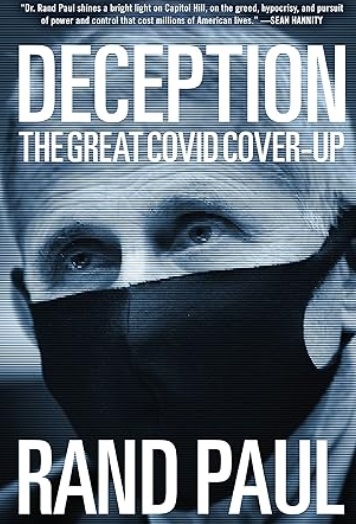







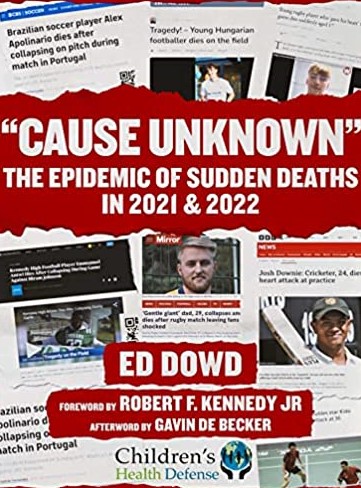

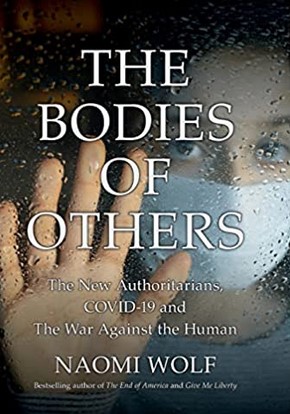
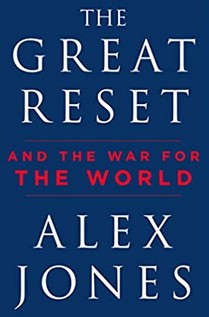

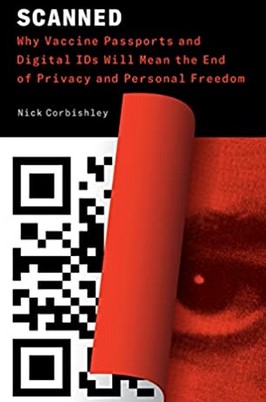

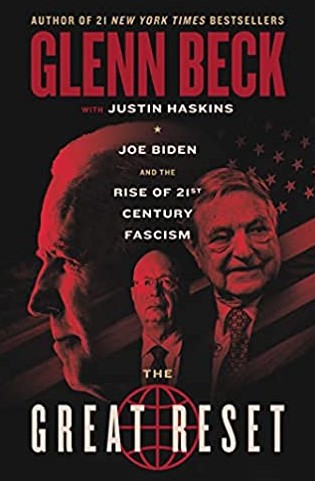






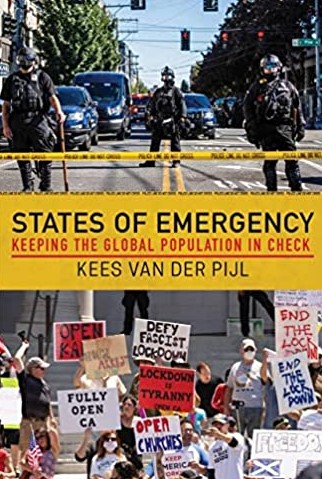




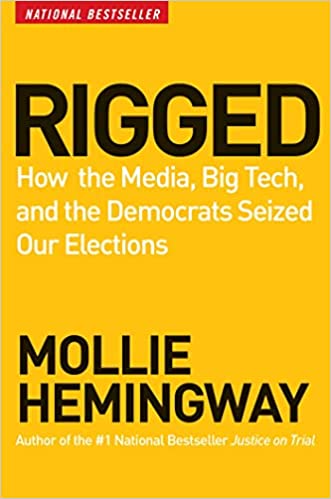
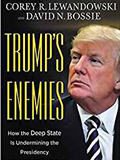




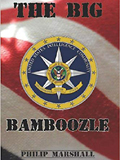
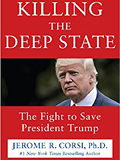
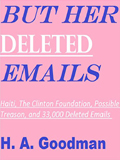
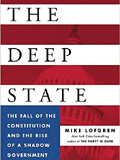
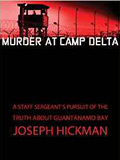
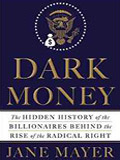

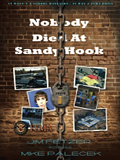
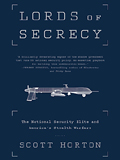
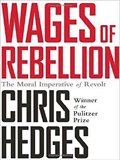
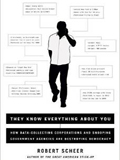

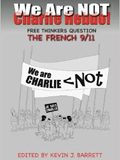



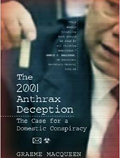
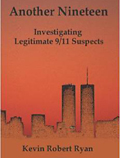
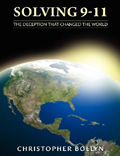
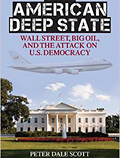

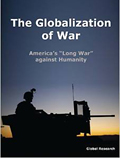
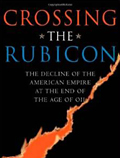
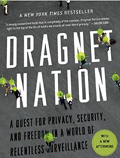
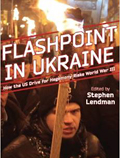

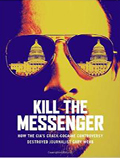

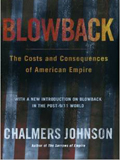



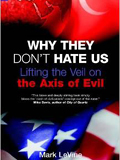


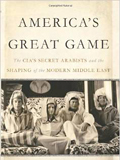

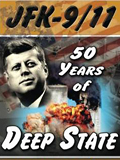
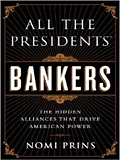
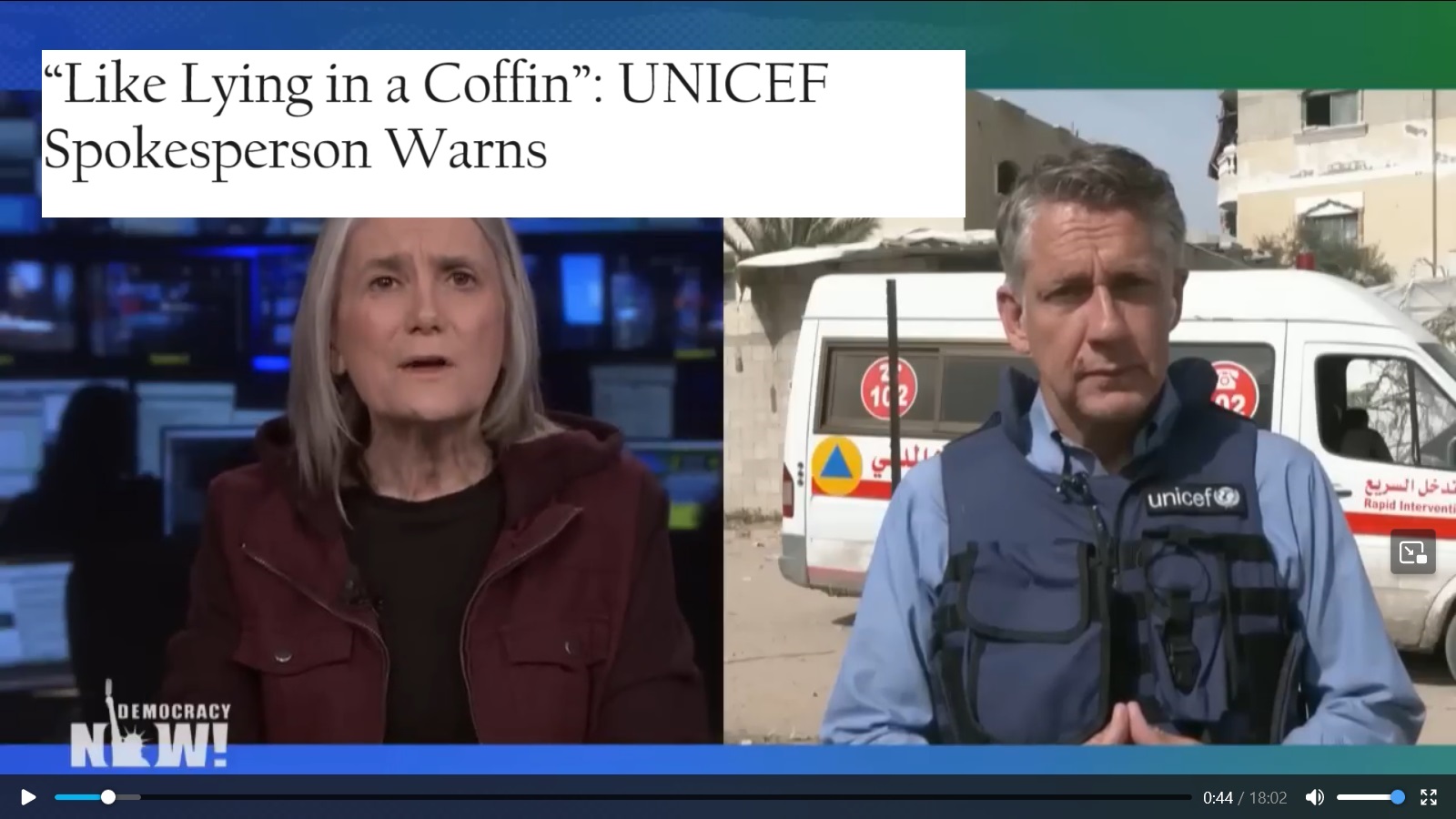
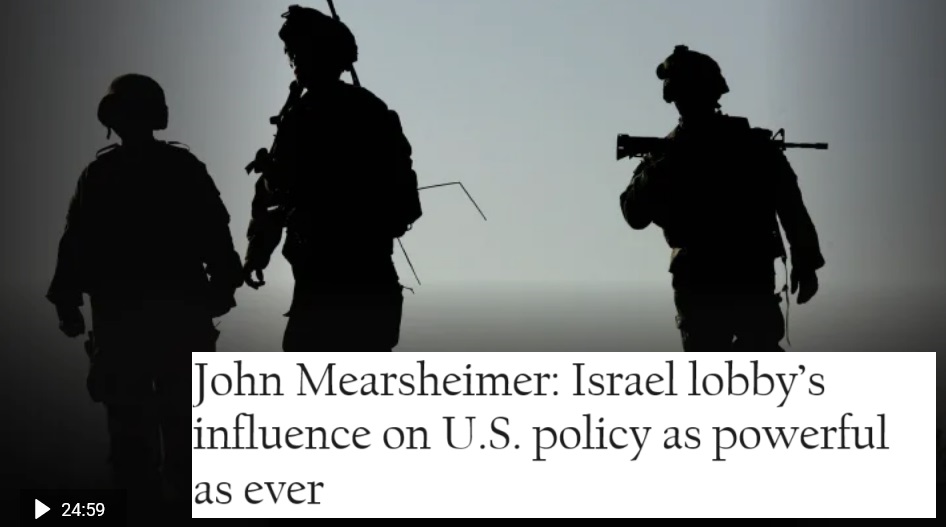
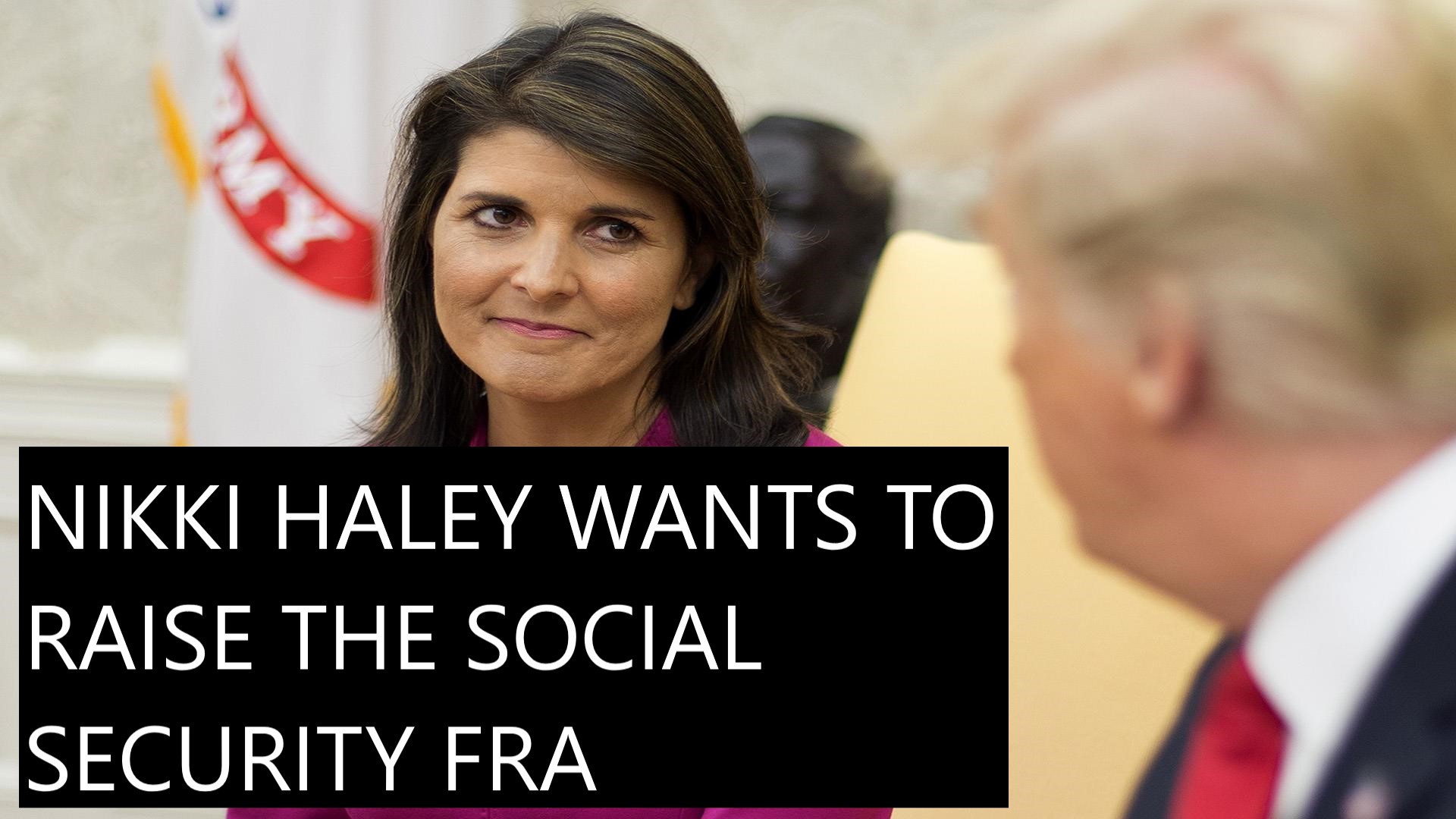



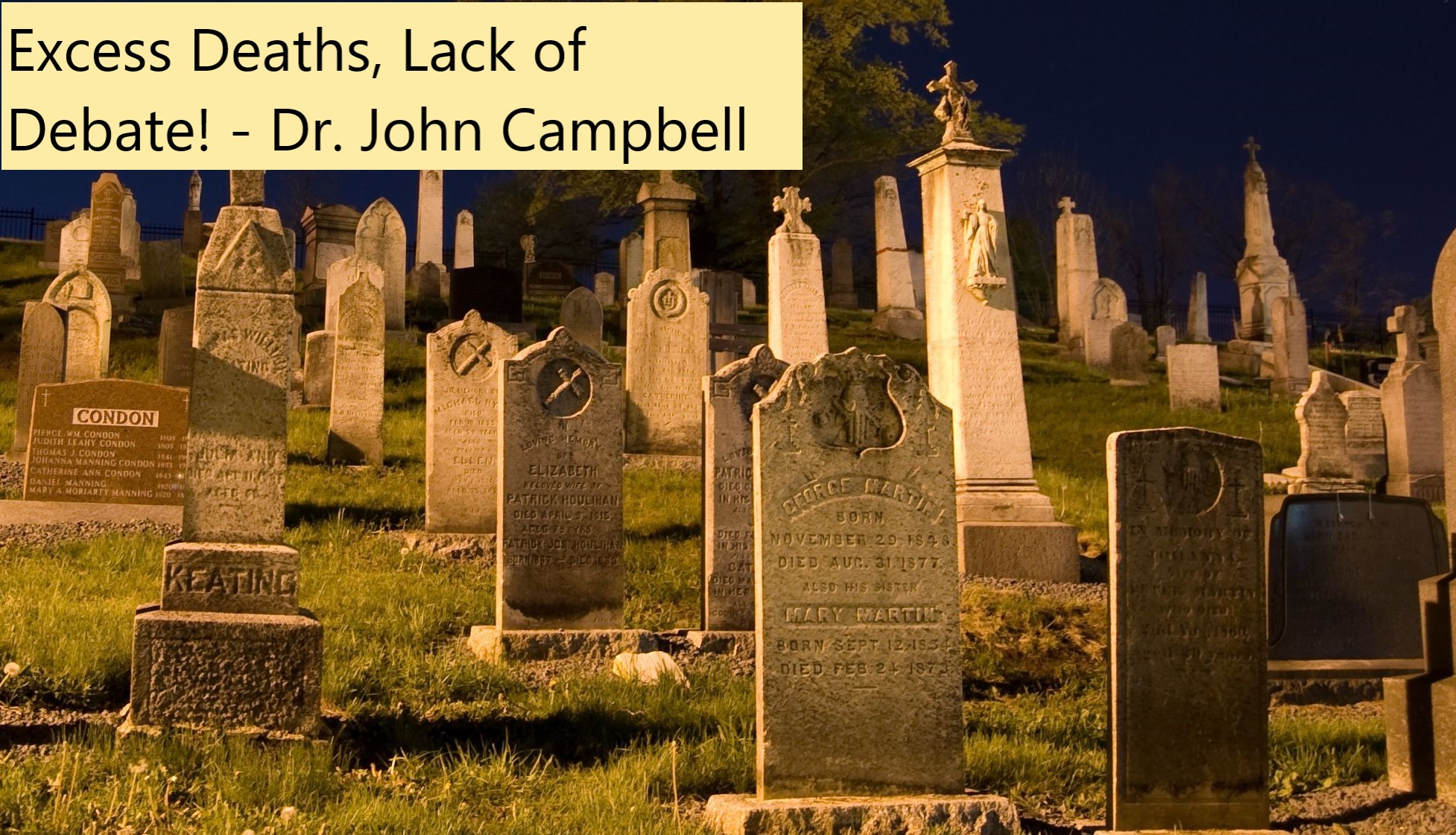



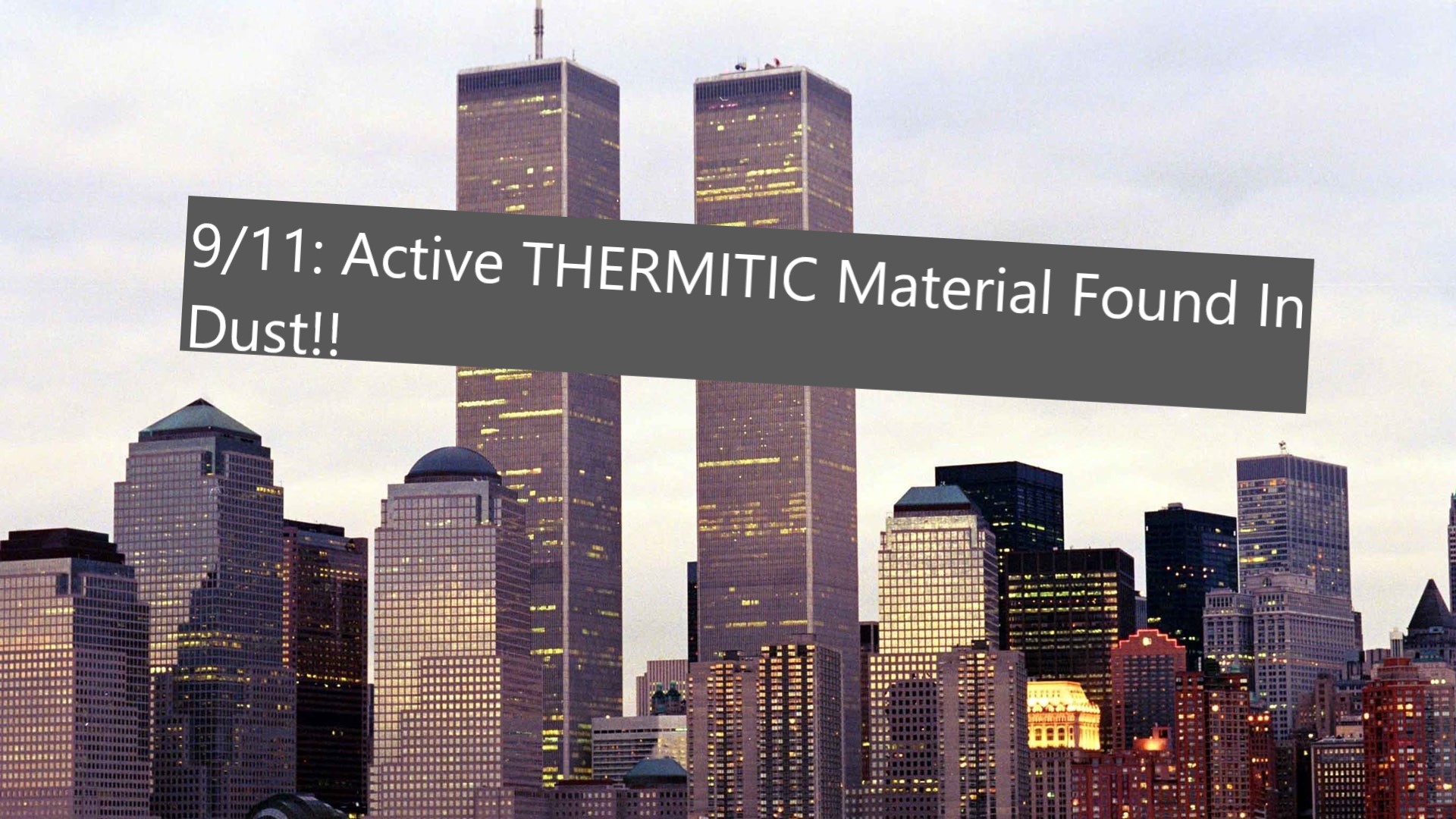









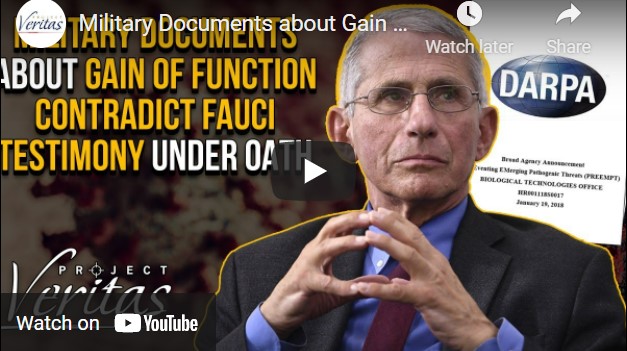


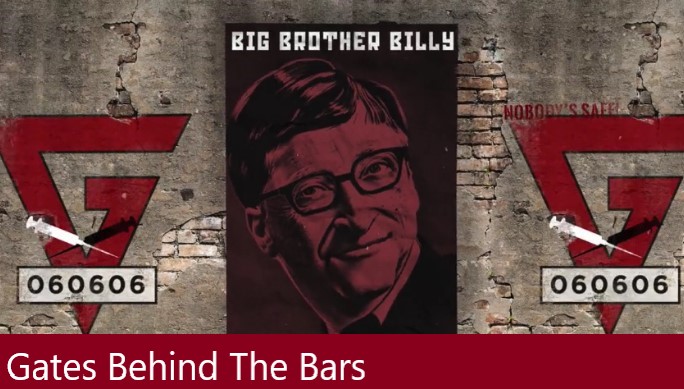


Reader Comments